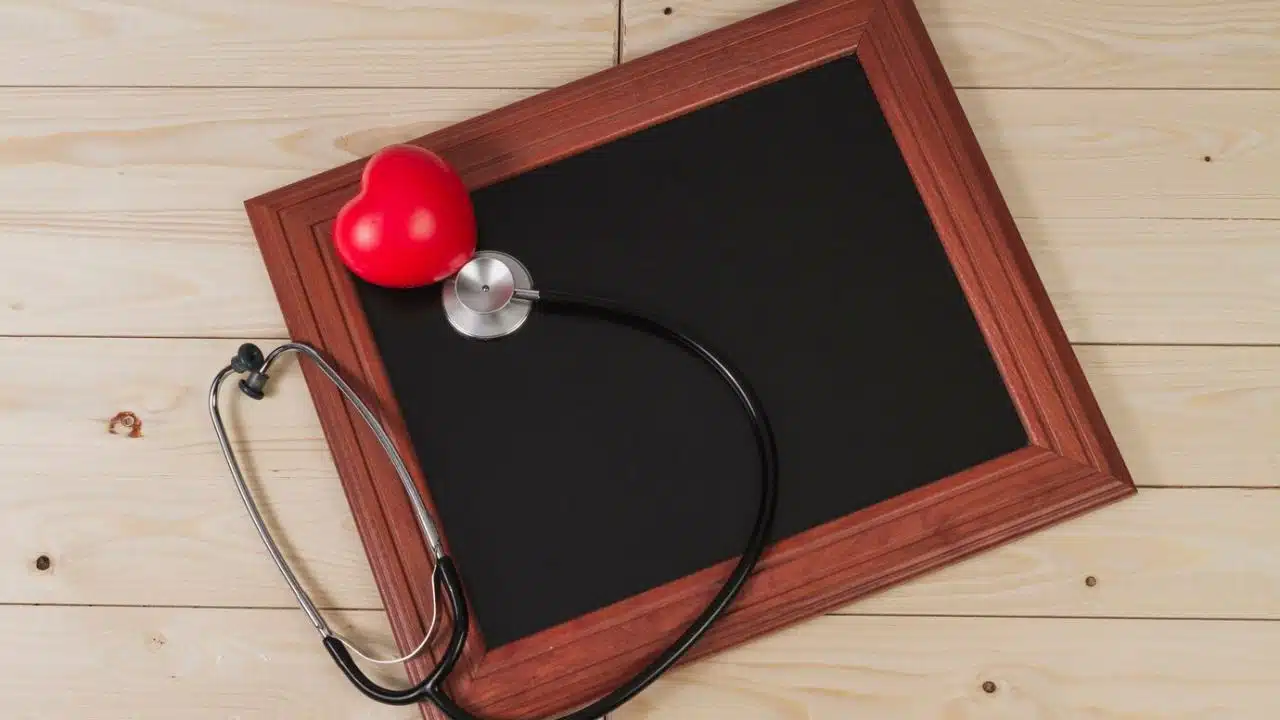Medical errors can have devastating consequences, sometimes resulting in life-altering injuries or even death. While doctors and healthcare providers strive to offer the best care possible, mistakes happen. When these mistakes result from negligence, they can lead to medical malpractice lawsuits.
Below are five common medical errors that frequently lead to legal action. If you are unsure if you were the victim of a medical error, contact an experienced medical malpractice lawyer in Baltimore.
1. Misdiagnosis or Delayed Diagnosis
One of the most common causes of medical malpractice claims is misdiagnosis or delayed diagnosis. When a doctor fails to correctly diagnose a condition in a timely manner, a patient may miss out on critical treatment, allowing the illness to worsen.
Examples of Misdiagnosis:
- A doctor mistakes symptoms of a heart attack for acid reflux, delaying life-saving treatment.
- A patient with early-stage cancer is told their condition is benign, allowing the disease to spread.
- A stroke patient is misdiagnosed with a migraine, leading to permanent neurological damage.
In these situations, if a reasonable doctor under similar circumstances would have diagnosed the condition correctly, the patient may have grounds for a malpractice lawsuit.
2. Surgical Errors
Surgical errors are particularly serious because they often result in severe, irreversible harm. These mistakes can occur due to incompetence, fatigue, miscommunication or lack of proper preoperative planning.
Common Surgical Errors:
- Operating on the wrong body part [wrong-site surgery]
- Leaving surgical instruments inside a patient
- Performing the wrong procedure
- Causing preventable infections due to improper sterilization
- Anesthesia errors leading to brain damage or death
Patients injured by surgical errors often require additional surgeries or lifelong medical care. If negligence played a role, the patient may pursue legal action.
3. Medication Errors
Medication errors can occur at any stage of the prescription process, from prescribing the wrong drug to administering the incorrect dosage. These mistakes can lead to severe allergic reactions, overdoses or untreated conditions.
Examples of Medication Errors:
- A doctor prescribes a drug a patient is allergic to, despite clear documentation of the allergy.
- A pharmacist dispenses the wrong medication due to a misread prescription.
- A nurse administers an overdose of a medication, causing severe complications.
- A failure to recognize dangerous drug interactions between prescribed medications.
Hospitals and healthcare providers are expected to have systems in place to prevent such errors. If negligence is involved, malpractice claims may follow.
4. Birth Injuries
Birth injuries are among the most tragic forms of medical malpractice, as they can result in permanent disabilities for newborns and severe trauma for mothers. These injuries often stem from mistakes made before, during or after delivery.
Common Birth Injuries Caused by Medical Negligence:
- Failing to monitor fetal distress, leading to oxygen deprivation (hypoxia)
- Improper use of forceps or vacuum extraction, causing brain damage
- Delayed C-section, resulting in preventable complications
- Medication errors affecting the health of the baby or mother
Birth injuries can lead to conditions like cerebral palsy, Erb’s palsy and other lifelong disabilities. Families affected by such errors often pursue legal claims to seek compensation for ongoing medical care and suffering.
5. Failure to Obtain Informed Consent
Before performing any medical procedure, doctors must obtain informed consent from patients. This means explaining the potential risks, benefits and alternatives of the procedure, so the patient can make an informed decision.
Situations Where Informed Consent Issues Arise:
- A doctor fails to inform a patient of a known surgical risk, and the patient suffers severe complications.
- A procedure is performed without the patient’s explicit consent.
- A patient agrees to one procedure, but the doctor performs another without justification.
If a patient suffers harm from a procedure they were not adequately informed about, they may have grounds for a malpractice lawsuit.
Preventing Medical Malpractice
While not all medical errors constitute malpractice, many can be prevented with better communication, adherence to protocols and improved patient monitoring. Patients can also take steps to protect themselves, including:
- Seeking second opinions for serious diagnoses
- Keeping records of their medical history and treatments
- Asking questions about medications, procedures and potential risks
Medical errors can lead to serious injuries, lifelong complications, and in the worst cases, death. When these errors result from negligence, victims have the right to seek legal recourse through a malpractice lawsuit. If you or a loved one has been harmed by a medical mistake, consulting with an experienced medical malpractice attorney can help determine the best course of action.




































